Home > Entertainment > Why Nollywood Stars Are Launching Own Ch...
Why Nollywood Stars Are Launching Own Channels
By Franklin Chibuike | 14 Jun, 2025 08:58:48am | 64
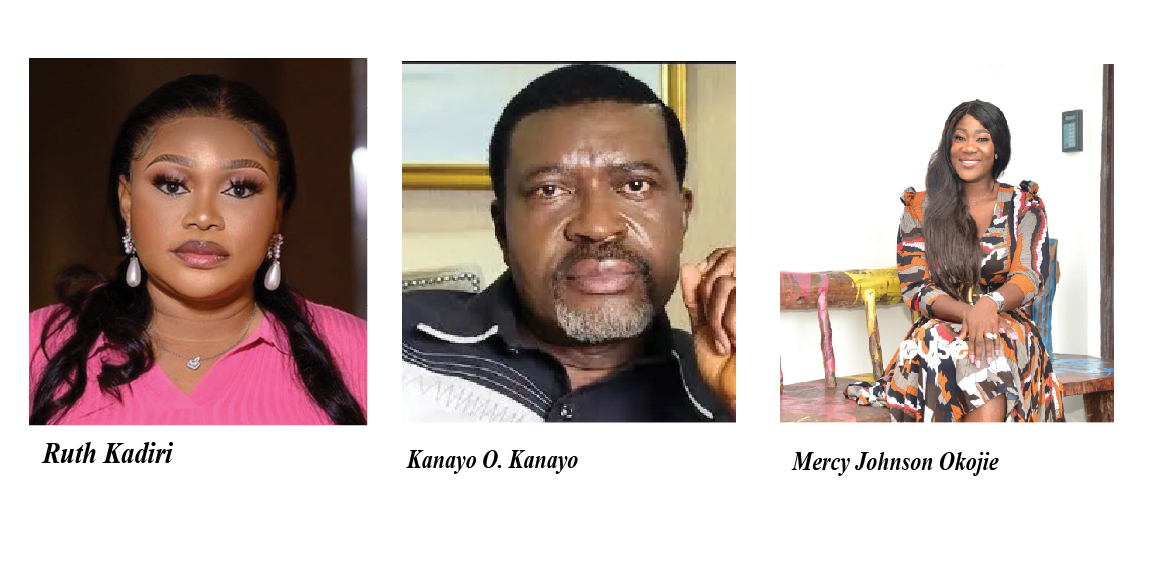
Nollywood audiences are increasingly trading cinema visits and premium streaming subscriptions for the convenience of free or low-cost blockbuster content on platforms like YouTube.
By leveraging YouTube’s direct access to audiences and monetisation tools, Nollywood stars are sidestepping traditional gatekeepers and transforming the way Nigerian films are distributed and consumed. But what does this mean for cinemas, streaming giants, and the broader industry?
Films like Love in Every Word by Omoni Oboli and Broken Hallelujah by Bimbo Ademoye, which earned 25 million and 8.7 million views respectively within weeks, highlight this shift. More than just catering to growing digital demand, Nollywood actors are evolving into producers, distributors, and digital entrepreneurs.
Prominent figures like Ruth Kadiri, Mercy Johnson, Bolaji Ogunmola, Regina Daniels, Toyin Abraham, and Sonia Uche are leading this transformation, turning YouTube into a thriving hub for Nigerian storytelling.
In a recent interview, actress Franca Igwe hinted that industry heavyweight Funke Akindele may soon produce original content exclusively for YouTube—a sign of the platform’s growing influence.
“Funke is the Oga kpata kpata right now,” Igwe remarked. “Her fanbase is incredibly loyal. Just imagine the impact when she begins posting on YouTube.”
Actors are no longer confined to being in front of the camera—they’re now creating, uploading, and monetising their work directly. What began as a workaround has become a sweeping digital migration.
What Sparked the Shift?
The pivot toward YouTube gained momentum following a major crackdown by the platform in 2022. The move disrupted Nigerian marketers and aggregators such as Affine Max Productions, Share Vsta, and Aforevo, who had been buying rights and uploading films on behalf of producers.
Victor Tochukwu Edeh, executive producer at Affine Max, explained that before the crackdown, marketers bore the burden of building YouTube channels, while producers and actors simply provided content. This changed when YouTube flagged channels for reusing and duplicating content—a common practice in the industry.
Edeh said successful marketers often ran 10 to 20 channels each, but many lost their platforms during the crackdown. “The problem,” he admitted, “was mostly with us marketers. We pushed the boundaries, from misleading thumbnails to provocative titles, trying to game the system.”
These practices contributed to YouTube tightening its policies globally, especially after a tragic 2018 shooting at YouTube’s California HQ. The shooter, Nasim Najafi Aghdam, was reportedly upset over demonetisation of her content, reigniting concerns over platform abuse.
In response, YouTube introduced stricter monetisation rules, including clearer age restrictions and content guidelines. Nigerian marketers tried to sidestep these through CMS (Content Management Systems), but the era of dominance by middlemen was coming to an end.
The Rise of Actor-Owned Channels
As marketers scrambled to recover, more actors and producers seized the moment to launch their own channels—a risky but ultimately rewarding move.
Building a monetised channel isn’t easy. YouTube’s requirements include 1,000 subscribers and 4,000 hours of watch time over the past year, or 10 million Shorts views in 90 days. A lower tier allows limited monetisation at 500 subscribers.
Earnings depend on several factors:
-
CPM (Cost Per Mille): How much advertisers pay per 1,000 views
-
RPM (Revenue Per Mille): Actual earnings after YouTube’s cut
-
Ad types and viewer engagement
-
YouTube Premium watch time
Why Not Netflix or Prime Video?
According to Franca Igwe, production costs are a major deterrent. “Netflix might expect a movie to cost ₦140 million to produce and pay ₦250 million. But how many producers in Nigeria have that kind of budget?” she asked.
Meanwhile, Netflix and Amazon Prime Video both reduced their investment in Nigerian content in recent years, shifting priorities to European and Western markets.
Tochukwu Edeh believes financial transparency also played a role. “Actors began realising how much producers and marketers were making off their work. They saw they could take control, own their channels, and earn directly.”
Igwe added, “There’s no royalty system in Nigeria. You might get paid ₦100k for a movie that earns millions.”
Staying Relevant in a Crowded Field
Beyond money, visibility matters. Edeh noted that veteran actors use YouTube to maintain relevance amid a flood of new talent.
Igwe echoed the sentiment: “With so many actors, sometimes you wait endlessly for a producer to call you. Having your own channel puts food on the table and keeps you in the spotlight.”
However, she pointed out a perception problem. “There’s a divide—‘YouTube face’ vs. ‘Netflix face’. Some casting directors see YouTube actors as second-tier, assuming the quality isn’t there.”
Still, the platform opens doors for new talents. Stars like Chidi Dike, Genevieve Ukatu, and Clinton Joshua have gained recognition through channels like Ruth Kadiri’s.
Challenges and Concerns
Producer Edeh warns that the boom could flood the market with low-quality films. “Now it’s about volume, not quality,” he said.
Igwe agreed, noting that YouTube lacks quality control. “You can upload anything, get views, and still earn.”
She also raised concerns about casting bias—producer-actors often give themselves lead roles, even if they aren’t the best fit.
Yet with major producers entering the YouTube space, Igwe believes the platform could gain credibility. “Awards like the AMVCA don’t currently recognise YouTube films. That needs to change if we want to level the playing field.”
Conclusion
Driven by the desire for creative freedom, financial control, and direct audience engagement, Nollywood actors are reshaping the industry through YouTube. The platform offers a lifeline from exploitative contracts and a cost-effective alternative to expensive streaming deals.
Still, as YouTube becomes a key player in Nollywood’s future, questions remain: Can the industry maintain global credibility? Will quality keep pace with output?
The digital migration is here—and its long-term impact on Nollywood’s growth, reputation, and global reach is only beginning to unfold.

Leave a Reply
Your email address will not be published. Required fields are marked *
Category
.jpeg) Interviews
Interviews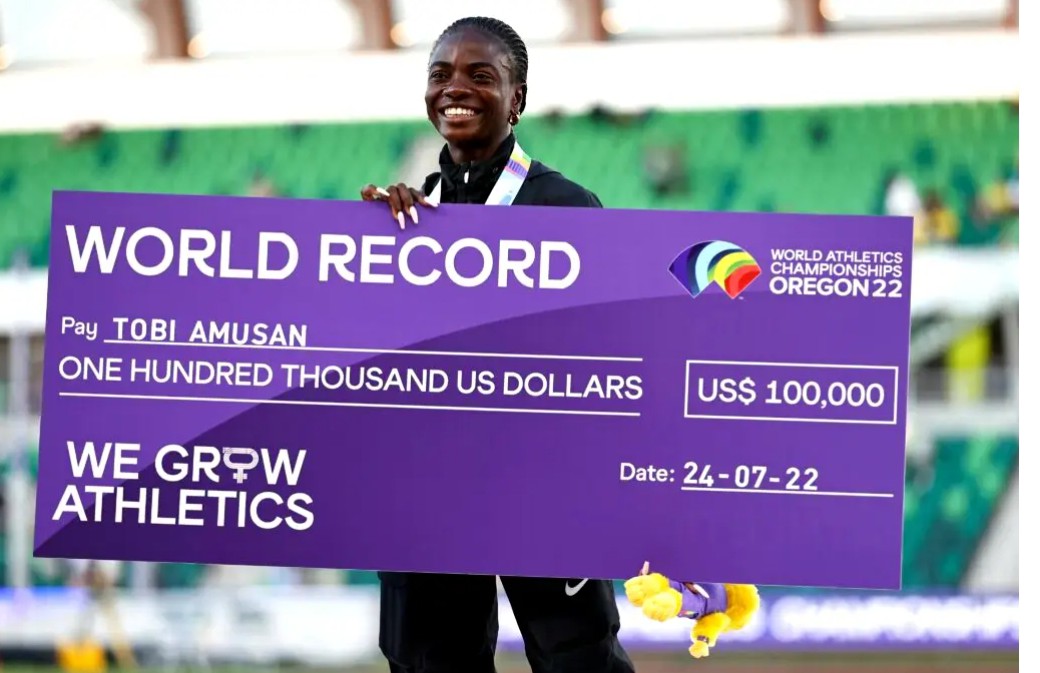 Sports
Sports  Technology
Technology Business & Economy
Business & Economy Opinion
Opinion Entertainment
Entertainment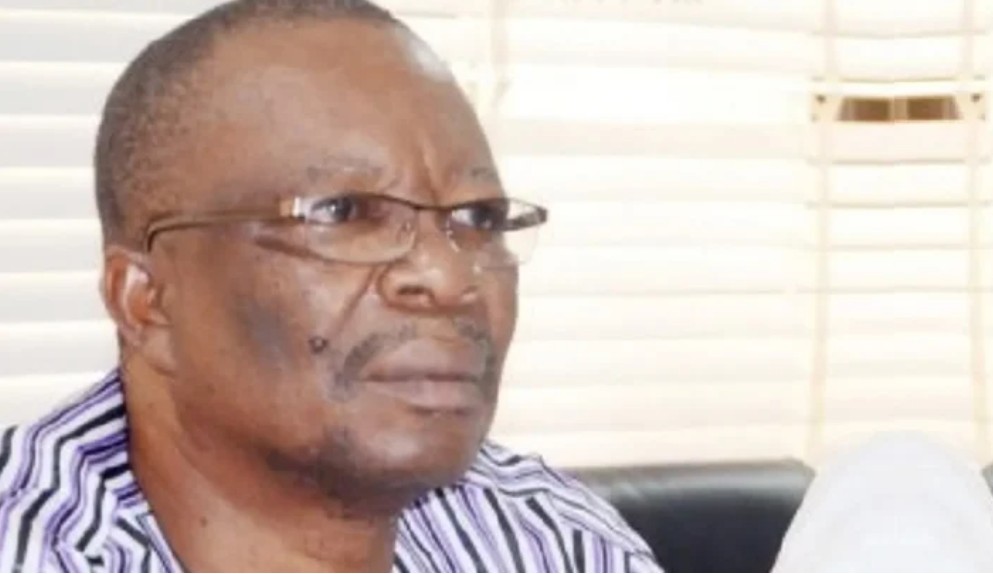 Education
Education 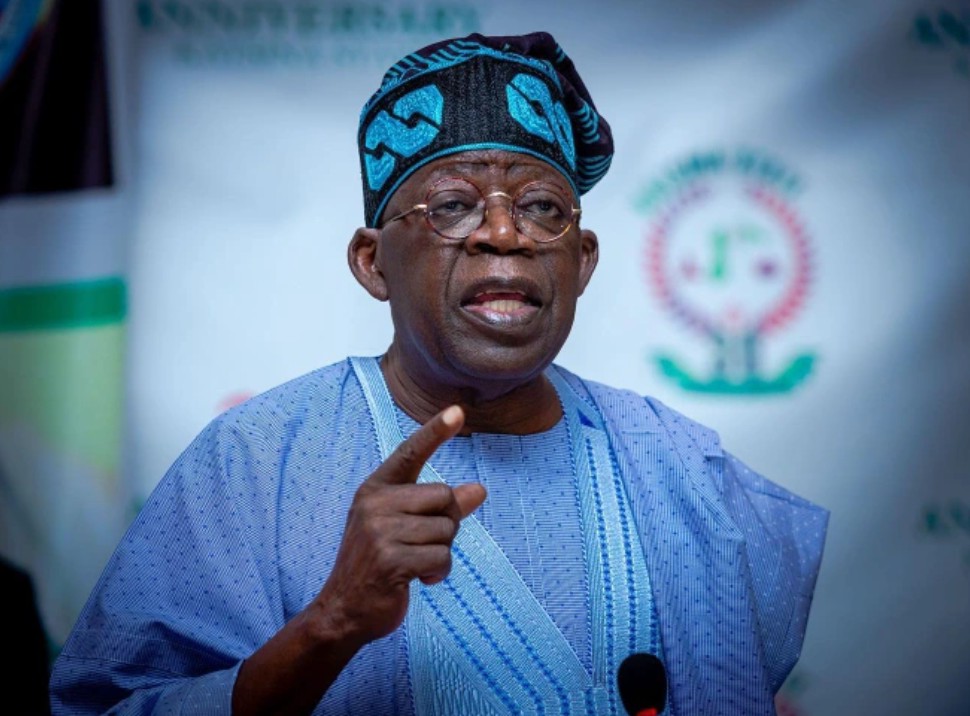 Politics
Politics Crime & Security
Crime & Security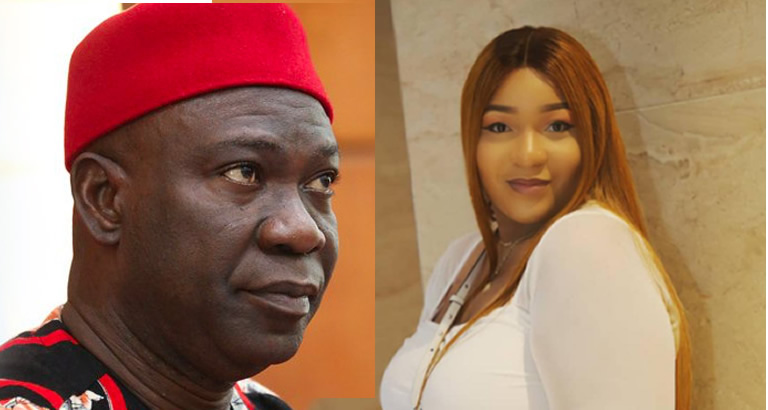 Health
Health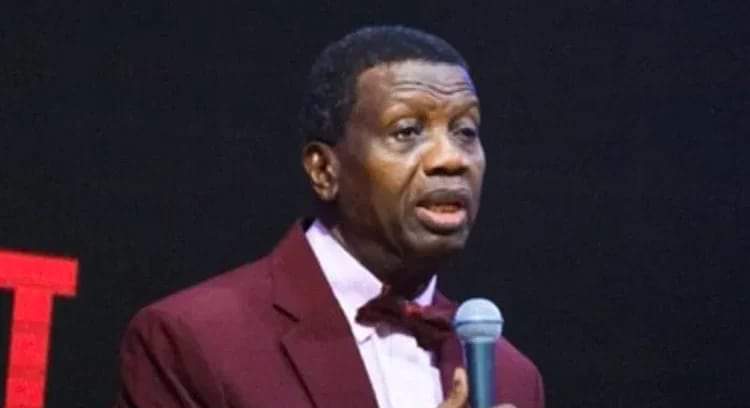 Religion
Religion 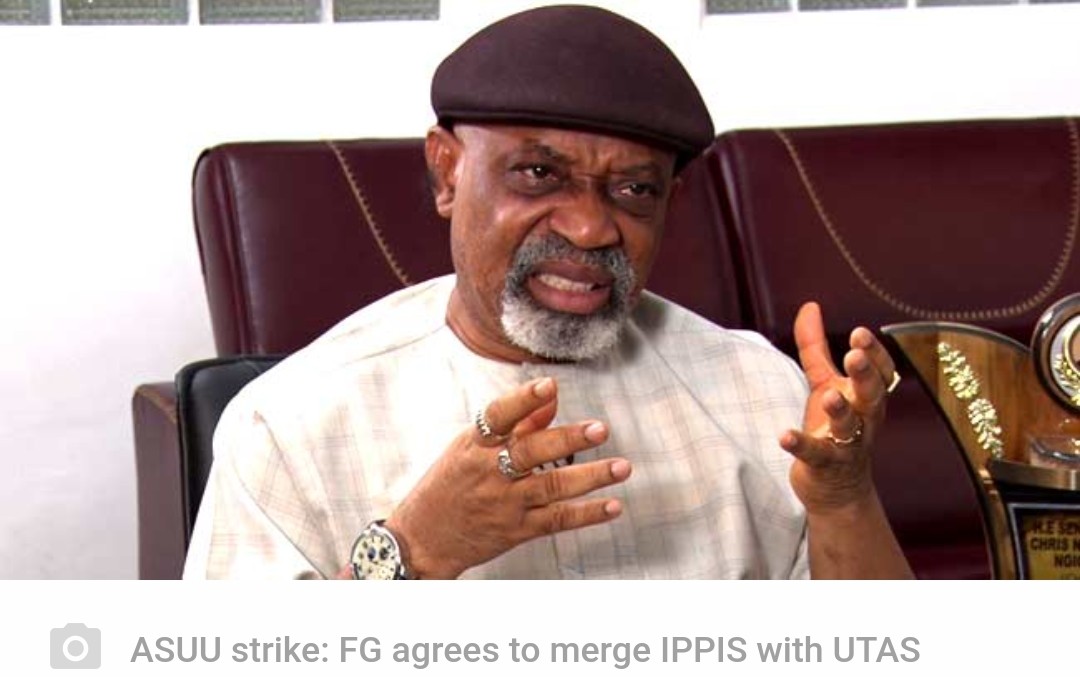 News
News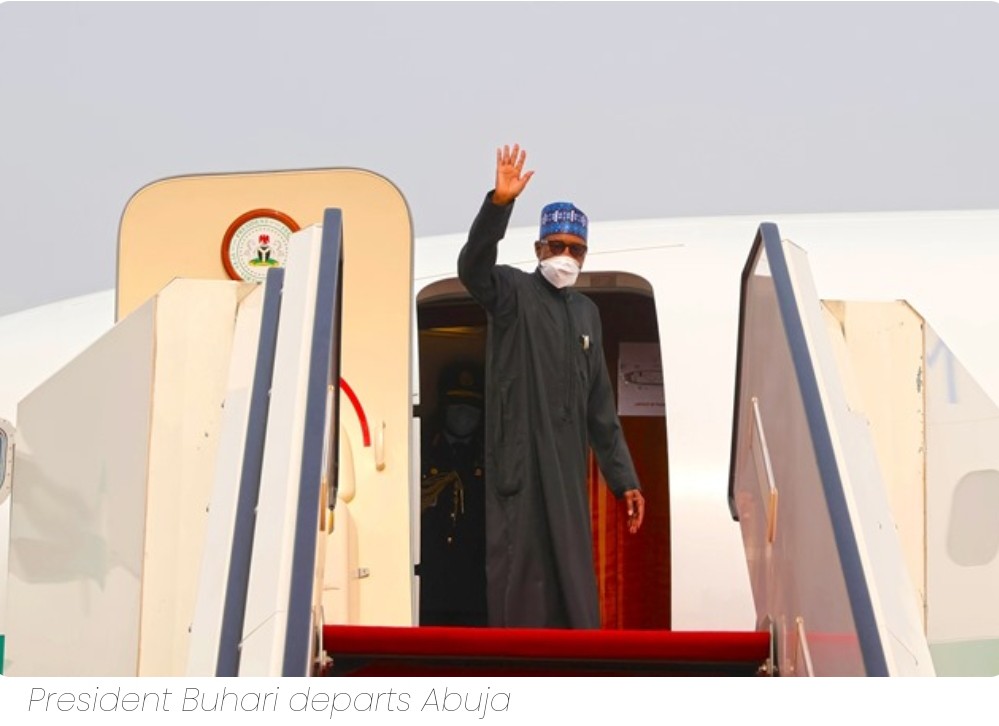 Culture & Tourism
Culture & Tourism